[最も選択された] go and goes grammar 234294-Go and goes grammar worksheets
5 examples of sentences using "go" I go to gym everyday I need to go You must go to your home Go to your place Go and do the work When to Use 'Went' in Sentence Went a fourletter word is the past tense form of go and used to represent action happened in the past 5 examples of sentences using "went" She went to India Karena itu, kali ini penulis akan membahas mengenai perbedaan diantara keduanya Pengertian "go" dan "goes" Kata go adalah sebuah kata kerja bahasa Inggris yang mempunyai arti "pergi", yang mana sama halnya dengan kata goes Perbedaanya hanya pada kata akhiran "es" yang ada pada kata "go"From grammar and spelling to style and tone, Grammarly helps you eliminate errors and find the perfect words to express yourself Everyone Can Be a Great Writer "Grammarly allows me to get those communications out and feel confident that I'm putting my best foot forward Grammarly is like a little superpower, especially when I need to be at

Grammar Simple Present Tense Activity
Go and goes grammar worksheets
Go and goes grammar worksheets-Free Online Grammar Check GrammarCheckme GrammarCheckme uses an advanced, webbased grammar checking engine to power its free online spelling & grammar software Feel free to use this service as often as you would like for both personal and business purposesThe question is asking about the usage of "who would go" versus "who goes" The OP gives also the context for which he is asked, which means it's not a too generic question It could be the answer doesn't change basing on the context, but that doesn't make the question OT – apaderno Feb 13 '12 at 1714




Common Errors In Spoken English Go Goes Going Went Or Gone Learn English Mistakes Misused Grammar English
We use go an adjective (complement) to describe changes to the state of things Don't let the coffee go cold Their car went wrong again just two days after it had been repaired Go is a word7 We had better get going – it's late 8 Usually we only add ' S ' to a verb when we conjugate it in the third person but notice how To Have and To Go are slightly irregular (though they still both end in S) Have and Go in Negative Sentences To make a negative sentence in English with To Have and To Go we use Don't or Doesn't followed by Have or Go (never Has or Goes)
I want to see Kobe Bryant go/goes to the carnival and play their basketball game anonymous 0 I want to see Kobe Bryant goHe or she is singular The rule is that singular noun should concord with the singular verb So, "He goes to school or she goes to school" is the correct answer Similarly, you can't say they goes to school but you can say they go to schoolIn this video, learn how to use "go, goes, going, went" The verb "to go" is one of the most common verbs in the English language and you need to learn how t
Updated If English students are going to memorize irregular verb forms, they'll need to include the verb "go" These example sentences offer "go" in all tenses, including active and passive forms, as well as conditional and modal forms You'll notice that there are many tenses where there is no form of "go"Have – Has Go Goes wwwgrammarcl A) Complete the following table with the correct forms of Have and Go Pronoun To Have To Go I Have You Go We They She He It B) Fill the gaps with the correct form of Have or Go 1 Elephants _____ four legs 2 We also use go for noun when we show the purpose of the movement I go for pizza all the time Let's go for lunch;




Prepositions Of Direction Or Movement English Grammar Lesson Part 5




Grammar Past Simple Irregular Verbs Exercise 2
There goes our only chance of arriving on time It's supposed to rain this weekend, so there go our plans for a barbecue Learn More About there go/goesGo goes going gone went I don't know without saying, is a good source of information 4 In the theatre the lights go goes going gone went I don't know down and the curtain rose on an empty stage 5 When the lights go goes going gone went I don't knowGrammar on the Go!




Grammar Page 111 Worksheet



Http Media Openschool Ca Osbcmedia Gramgo Etext G1 Speech Pdf
To travel in front of somebody else You go on ahead—I'll catch you up in a few minutesHome goes from being an adverb (modifying go), to a noun which forms a part of an adverbial prepositional phrase (I don't believe it fits the definition of the indirect object the going is not happening to the house, but rather toward it Perhaps I'm wrong here) Home is a rare word that forms an adverb in this formParts of Speech 5 11 Common and Proper Nouns Identify the nouns from the following sentences and state whether each is a common noun or a proper noun Use the abbreviation (cn) to indicate a common noun and (pn) to indicate a proper noun The first one is done for you Kamloops is hot in the summer Kamloops pn summer cn




English Grammar Grammar Lesson Of The Day




Test English Prepare For Your English Exam
1 Here/There you/we go (or he/she goes) often used when someone has a habit of doing or saying something and is about to do it again Ex You often get sidetracked when you are talking about a particular subject One day you are talking about g Anonymous Big thanks go or goes to The part in bold is not grammatical, so it's impossible to answer you on this one A big "Thanks" goes to is possible, howeverHowever, I often hear English learners using the wrong verbs when speaking Take a moment to look at the context of each sentence before making your choice 2 options are possible for question 7
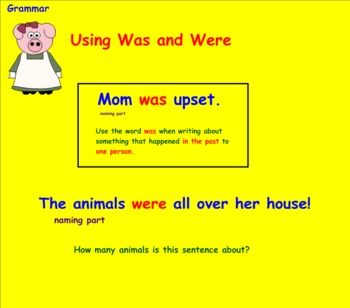



Verbs Using Am Is Are Was Were Go And Went Smartboard Grammar




Prepositions Of Movement Vocabulary Englishclub
go, goes, going, went or gone This is basic English;Expressions with Go Verbing It is very common to use a gerund after the verb "go" Remember that we form a gerund by adding "ing" to the end of a verb (playing, eating, drinking, etc) We use "go gerund" to talk about hobbies or activities Look at the difference between the two sentences Mary likes to go running for exerciseGo & goes – Free Exercise 2 Usually we only add 'S' to a verb when we conjugate it in the third person but notice how To Have and To Go are slightly irregular (though they still both end in S)




Common Errors In Spoken English Go Goes Going Went Or Gone Learn English Mistakes Misused Grammar English




Calameo Free Online Grammar Information And Practice Publicar
Go and Goes are both derived from a verb frm which is "go" The form "go" in most of the cases is used in subjective singular and pluralPunctuation 17 The names of historical events, documents, and periods of time The geographic areas of the country Do not capitalize north, south, east, and west when referring to directions, unless they are part of a street address or the name of specific region When jobs were scarce in the East Vancouver, the familyConjugate the English verb go indicative, past tense, participle, present perfect, gerund, conjugation models and irregular verbs Translate go in context, with examples of
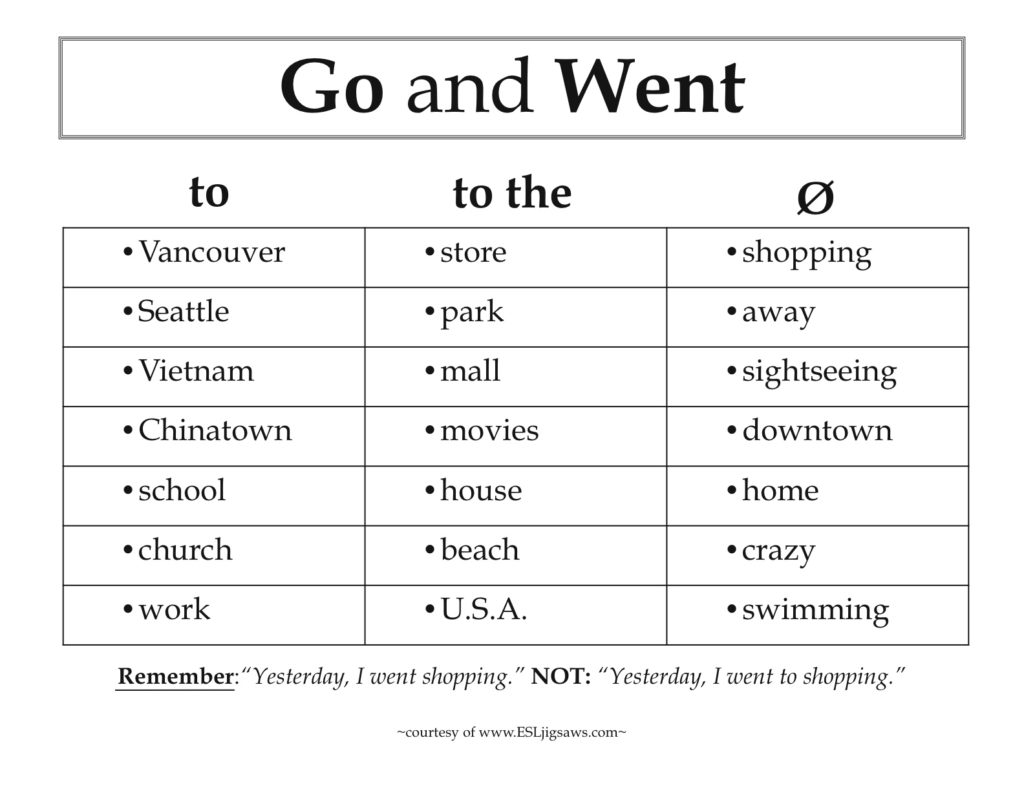



Grammar Esl Jigsaws
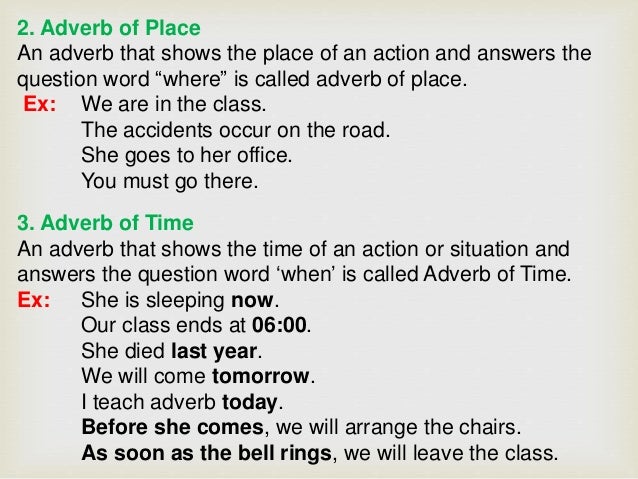



Special Grammar
Here is a useful list to help you remember when to use go, when to use go to, and when to use go to the Often English learners feel more comfortable with rules to memorize and we have lots of them in English!, but sometimes there is no rule There is no rule why go is sometimes followed by to or to the That's just the way it is!Let's go back to basics and review a somewhat unusual grammar structure that trips up even fluent nonnative speakers I'm talking about the verb go ing, also called go gerund or go verb ing If you've been listening to native speakers, you've probably heard them say something like I'm going running after workConjugating verbs to go worksheet Author K5 Learning Subject Grade 2 Verbs Worksheet Conjugating verbs to go Keywords verbs, conjugating verbs, english, grade 2, grammar, worksheet Created Date PM
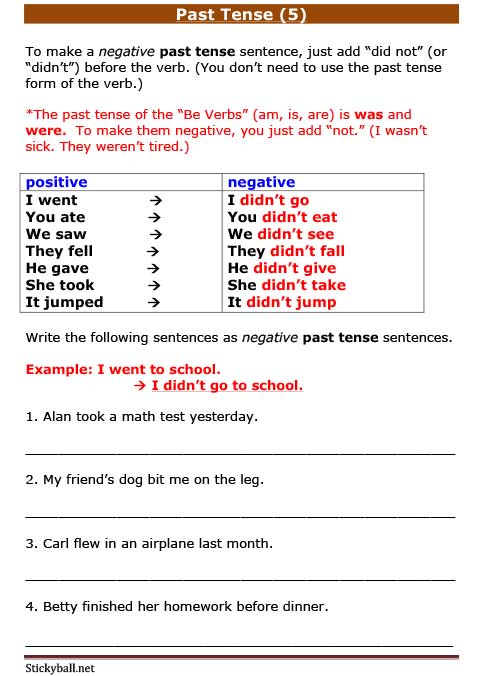



Esl Grammar Past Tense With Didn T




Grammar English Esl Worksheets For Distance Learning And Physical Classrooms
Grammar on the Go! Answers 1 I go to work by car and Susie goes by train 2 Let's see who will get there first 3 I went to see him yesterday 4 Although the train was late, I managed to get to the meeting in time 5 It wasn't easy to get through the crowd 6 Could you tell me how to get to the post office?Go with somebody His dog goes everywhere with him go (to something) (with somebody) He invited her to go with him to the concert intransitive to move or travel in a particular way or over a particular distance
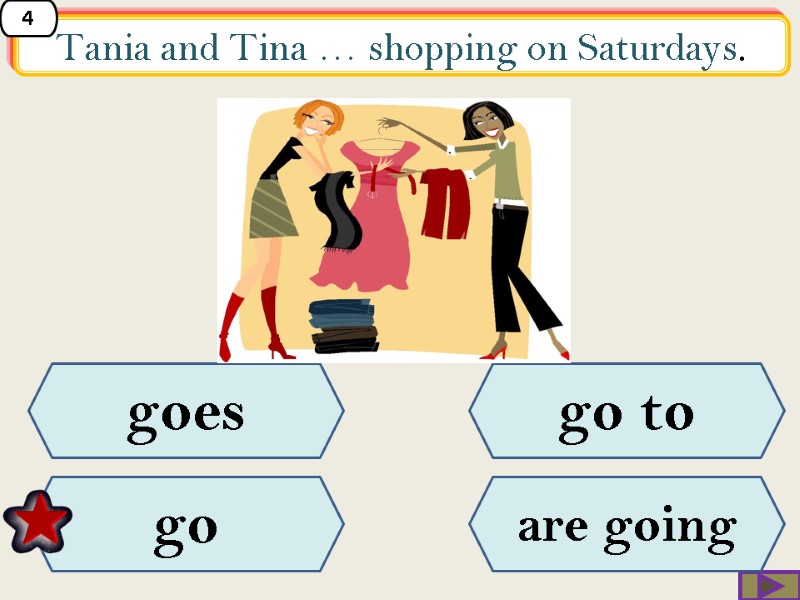



Grammar Test 1 He Was The Stolen Furniture Onto
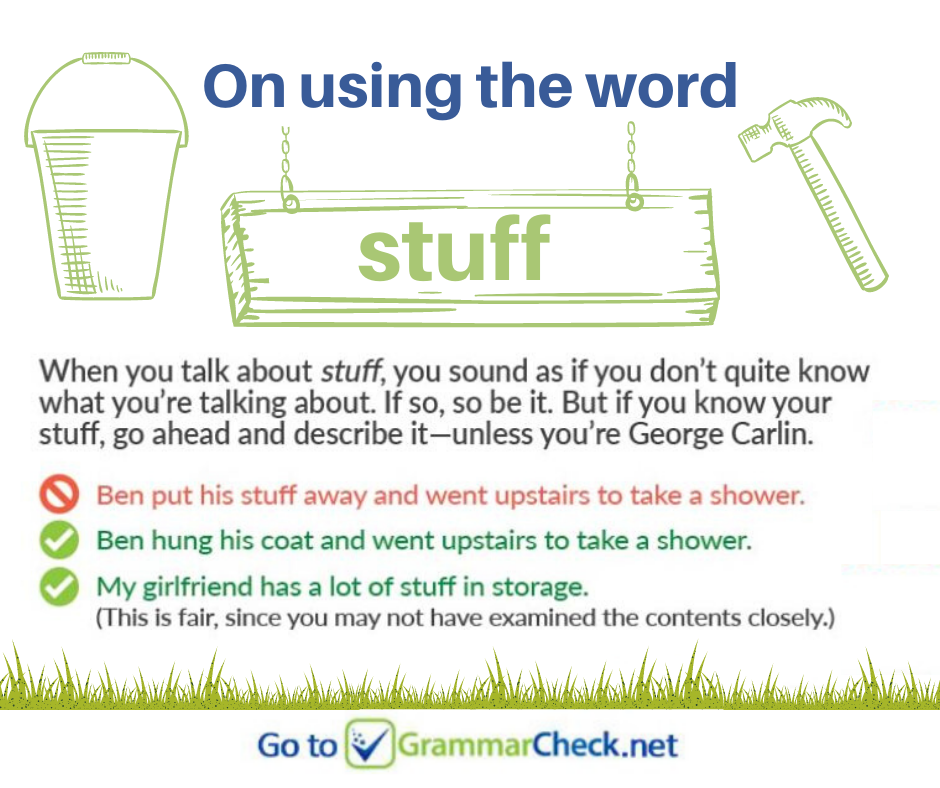



English Grammar Do You Often Use The Word Stuff English Grammar Esl Teacherresources Language Englishlanguage Words Vocabulary Amwriting Writingtips Writingcommunity Vocabulary T Co Wzcqzgwhzw
1) I want to buy a home Here, home is a noun It is the object of the verb (buy) It is a noun just like house, dog, or car 2) The man went home Here, home is used as an adverb of place Adverbs of place tell you where an action happened, happens, orTo go Understanding grammar is key to understanding a language Learn English online and test Gymglish for free To go The most commonly used constructions with to go • to go to Tonight we will go to the movies(US) Tonight we are going to watch a film at the cinemaKen goes for a haircut every other week We use go in to mean enter When I go in there I always enjoy the atmosphere Let's go in




Go And Do Present And Past Tense Past Tense Present Tense Verbs Tenses




English World 5 Grammar Practice Book Pdf Txt
Forums Grammar & Sentence Structure 1 4,051 0 Do I use "go" or "goes?" Is the sentence correct? In addition to the issues regarding proper nouns mentioned in this question and its answers, there are some usage notes specific to the words you've asked about Home I'm going home The speaker is going to their home I'm going to a home "A home" would be usually be interpreted as some sort of assisted living facility go to bed It's time for the children to go to bed Certain phrases use "go on N" (where the noun is a trip or something similar) Examples go on a trip This summer we're going on a trip to Alaska go on vacation Tom always goes on vacation in July go on a tour The best way to see the sights of Rome is to go on a guided tour
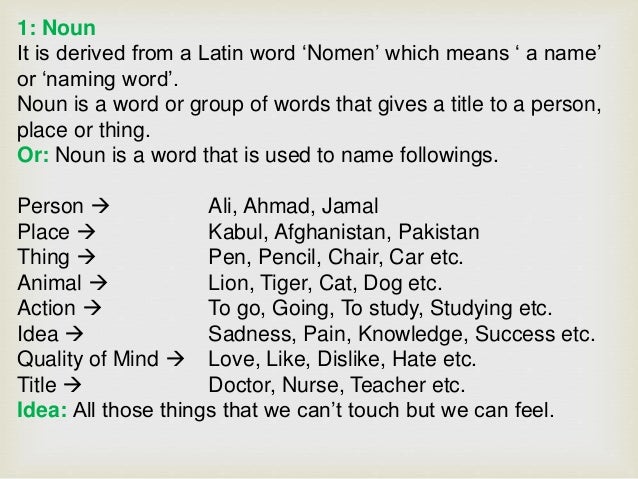



Special Grammar




Essential Grammar In Use Supplementary Exercises Pages 51 100 Flip Pdf Download Fliphtml5
Go to Go on Go for Go ing Slideshare uses cookies to improve functionality and performance, and to provide you with relevant advertising If you continue browsing the site, you agree to the use of cookies on this websiteGo Goes Gone Displaying top 8 worksheets found for Go Goes Gone Some of the worksheets for this concept are The proper use of go went and gone, Conjugating verbs to go work, Have has go goes exercises, W o r k s h e e t s, Answers to work and notes for use, Unit work simple present part 1, A bear goes fishing, Cancer mitosis gone wrongWhether or not you put a comma before and depends on how you're using andThere's no single rule that applies to all situations You usually put a comma before and when it's connecting two independent clauses It's almost always optional to put a comma before and in a list Comma Before And in Lists A lot of people have strong feelings about putting a comma before and in a list




Unit 3 Festivals Section C 3 Grammar 2



Common Errors In Spoken English Go Goes Going Went Or Gone Learn English Mistakes Misused Grammar English
Go, goes, going definition at Dictionarycom, a free online dictionary with pronunciation, synonyms and translation Look it up now!Listen to all All sentences (with pause) Used with adverbs " I need the meeting to go smoothly (smoothly, easily, well) " It always goes badly (badly) " This class goes really quickly (quickly, slowly) " Ice cream goes well with pie (well) " Do these go together?(together) Used with prepositions " Ice cream goes well with pie (with) " Let's go to the party




How To Use The Verb Go Go To Go For Go On 7esl



1
This video explains the use of the verb Go and how it changes with the pronouns and the tenses I have explained it in a simple manner and it is easy to unde If "American Airlines" is the name of a company, "go" is correct Thanks Bhaisahab and Mohammadhelmi for helping me In another English forum one person, who has been recognized as ''proficient English speaker'' from that forum, told me this "it's a single company I'd say "goes" 100% of the time"Go by (something) a to be guided or directed by (something, such as a rule) That's a good rule to go by more examples hide examples Example sentences Hide examples b to form an opinion from (something) She may be guilty but we have very little evidence to go by
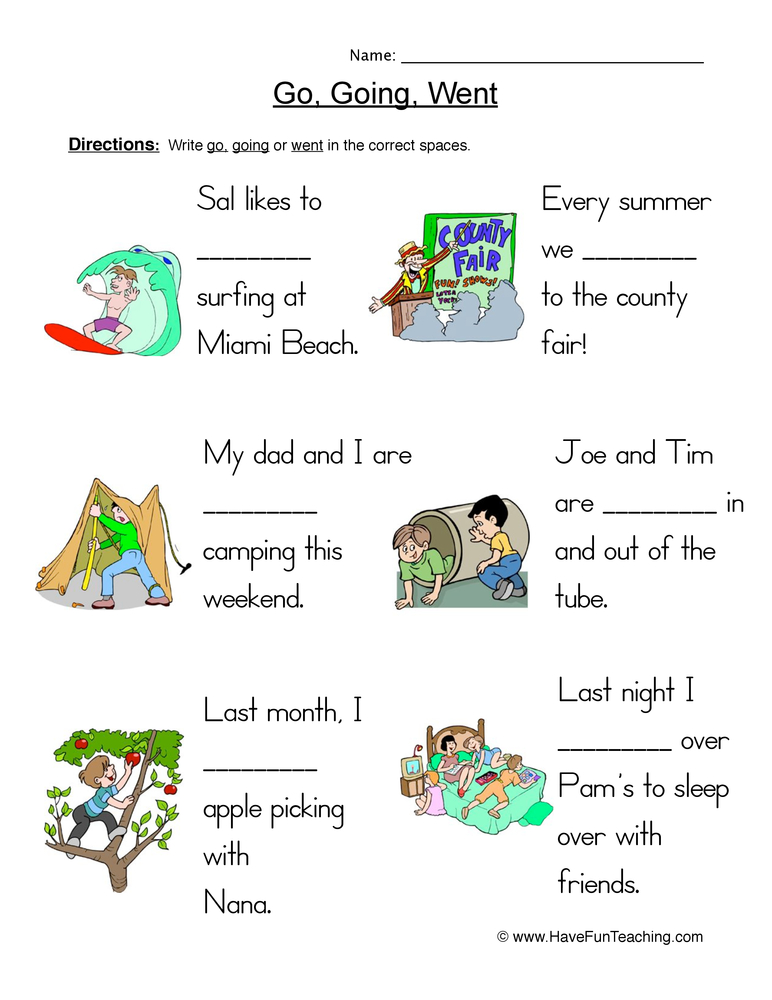



Go Going Went Missing Word Worksheet Have Fun Teaching




Come And Go How To Use Come Vs Go Correctly Eslbuzz Learning English Confusing Words Commonly Confused Words Learn English
Today, let's have a look at the grammar behind suggest and recommend Unlike many verbs, suggest and recommend are not followed by an object infinitive We generally use either a gerund (VerbING) or a clause with that The pattern would be that subject base verb Jack's wife recommended drinking tea—used to say that something is no longer available or possible Look at that traffic jam!Goto definition is relied on and regularly turned to for expert knowledge, skill, or performance How to use goto in a sentence




Grammar Archivos Brumiel




Like Verb Ing Like Infinitive Enjoy Verb Ing Woodward English
Go & goes – Free Exercise 1 Usually we only add 'S' to a verb when we conjugate it in the third person but notice how To Have and To Go are slightly irregular (though they still both end in S) I go You go He goesGrammar Tips & Articles » The verb GO We all know the meaning of the verb 'go' and its different forms like going, went, gone However, when this verb is used with a preposition or adverb or both, the meaning can change and the combination is called as a phrasal verb, which can be said as an idiomatic phraseGo – The present tense form of the verb (the action of "going" is happening NOW) I will go out soon Let's go fishing tomorrow We used to go dancing on the weekend




101 English Grammar Worksheets For English Learners By Billgreen54 Issuu
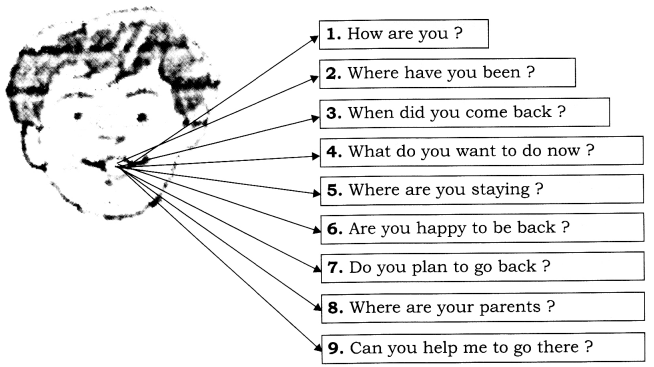



Cbse Class 8 English Grammar Reported Speech




Go Went Gone What S The Difference Learn With Examples Youtube




42 English Ideas Learn English English English Grammar




Mr Grammar Tenses Active Voice Present Simple V 1 S Go Goes Do Does Not V 1 Go Do Does Podl V 1 Go Every Day Sometimes Usually Often Ppt Download
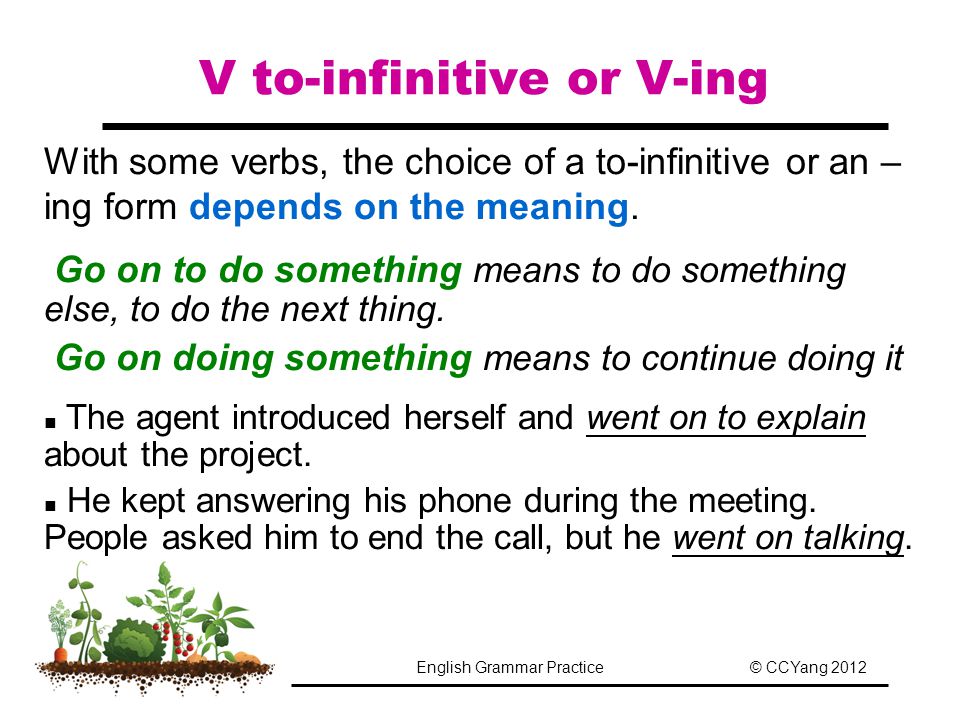



English Grammar Practice Ppt Download



1




Esl Quiz Go Goes Going Went Or Gone Charles Kelly I Tesl J English Vocabulary Words Grammar And Vocabulary Vocabulary Words
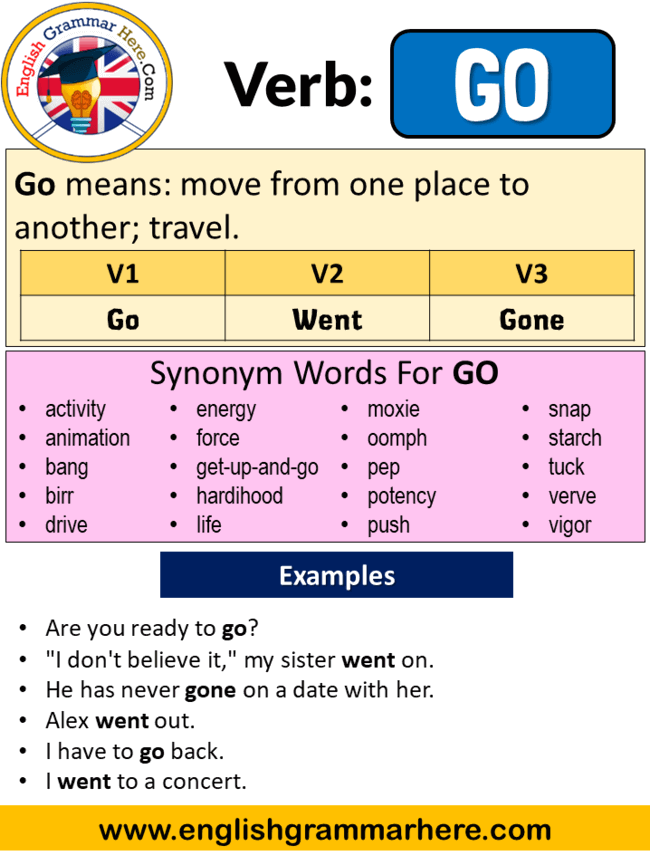



Go Past Simple Simple Past Tense Of Go V1 V2 V3 Form Of Go English Grammar Here
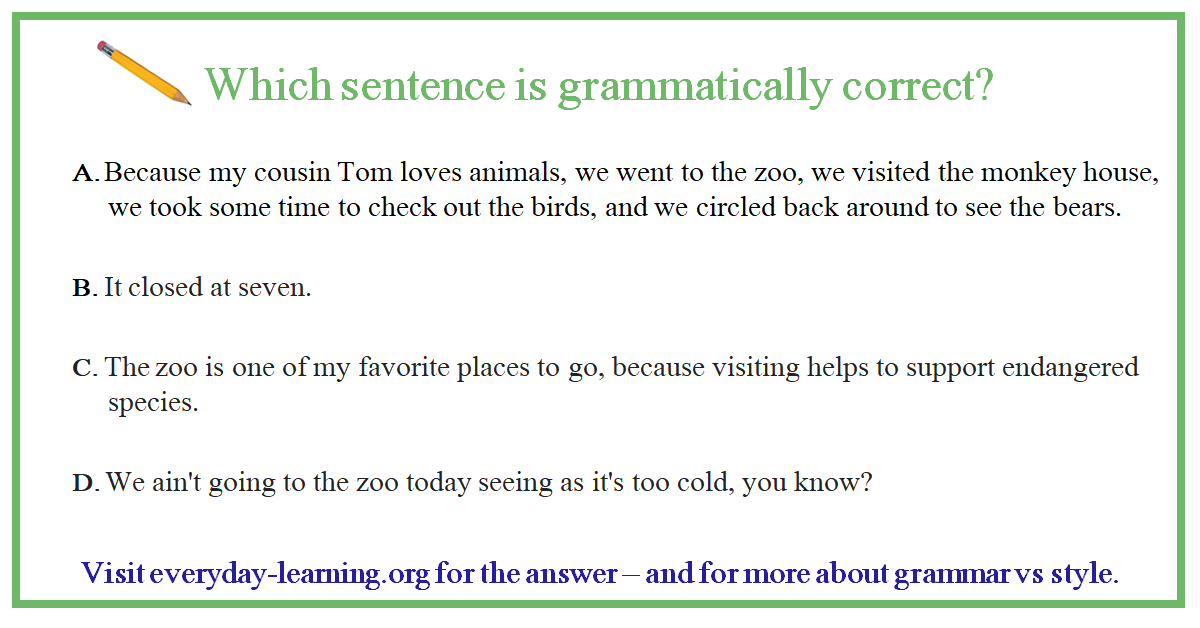



Style Versus Grammar



1




Super Goal 3 Grammar Revision Worksheet
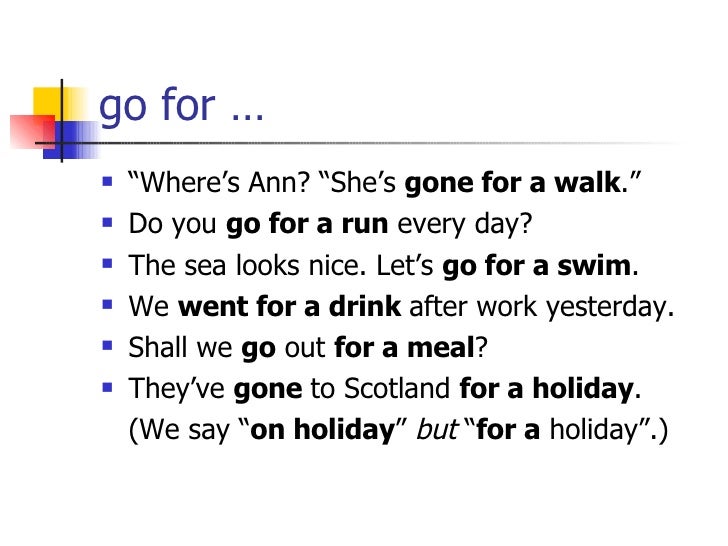



English Grammar




Subjectverb Agreement Parallel Structure Unit 10 Grammar Forms




Phrasal Verbs Go English Esl Worksheets For Distance Learning And Physical Classrooms
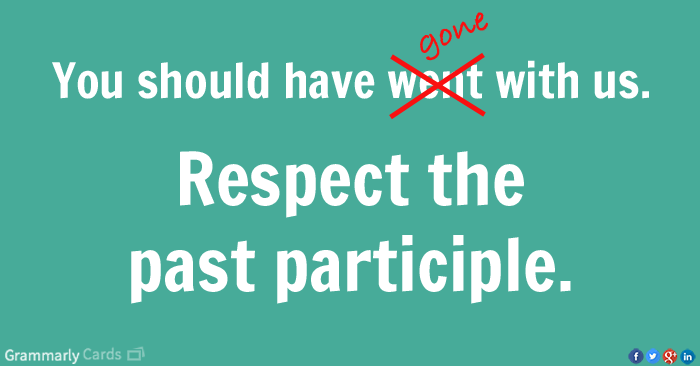



Went Vs Gone Learn The Difference In Under A Minute Grammarly




Go And Went Grammar Errors Esl Jigsaws
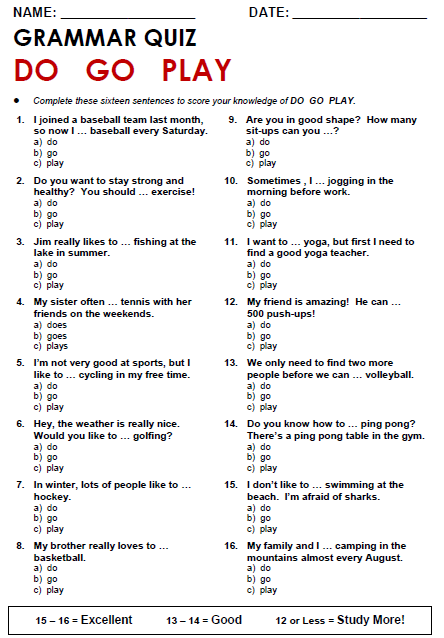



Do Go Play All Things Grammar
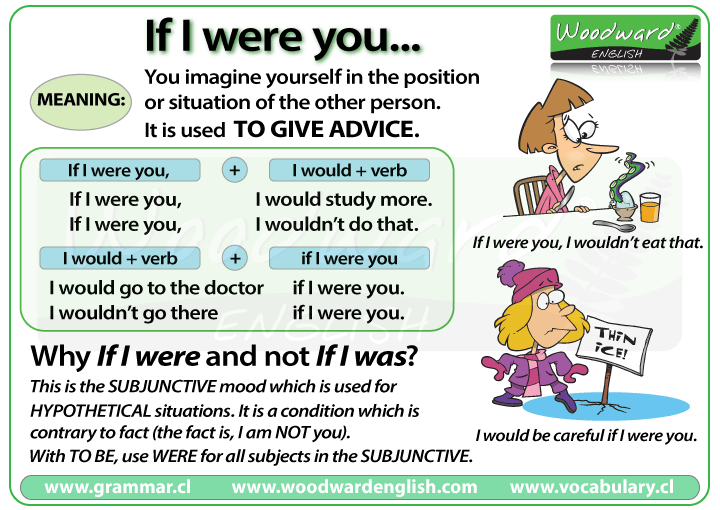



If I Were You English Grammar




Lesson 2 Grammar 2 Vna D Descubre Como Resolverlo En Qanda




Still Yet Already English Grammar Rules
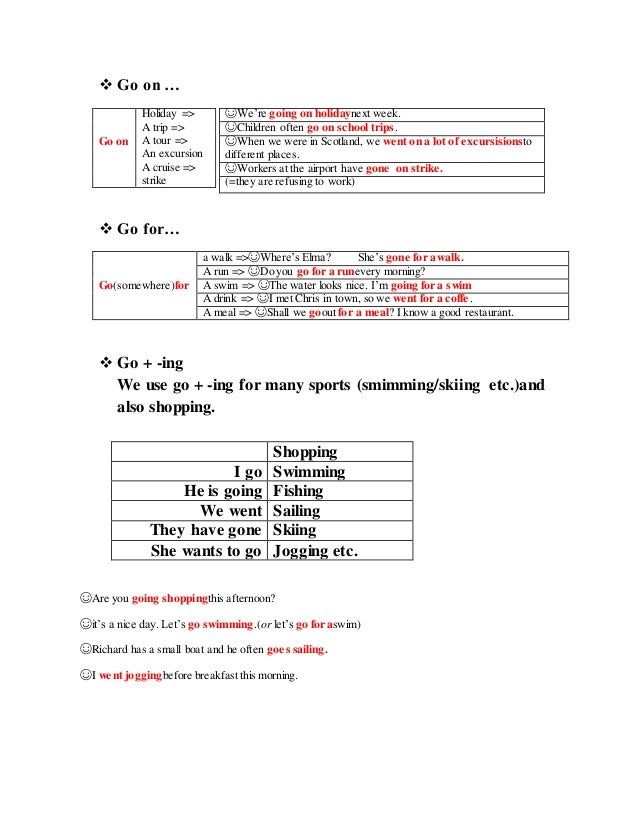



Essential Grammar Cambridge




Verbs Do And Go Literacy Grammar Center Activity By Fiddleheads Tpt
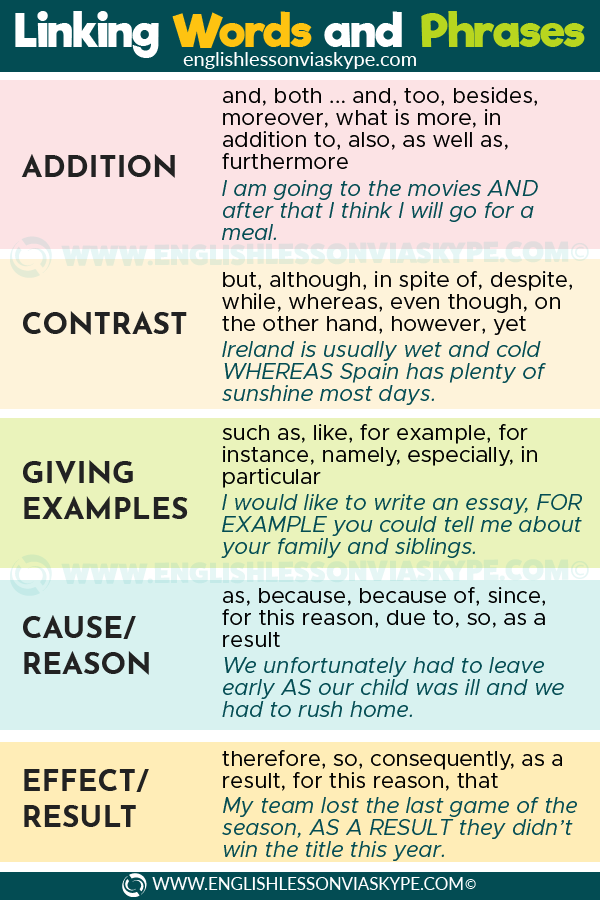



Linking Words And Phrases In English Learn English With Harry
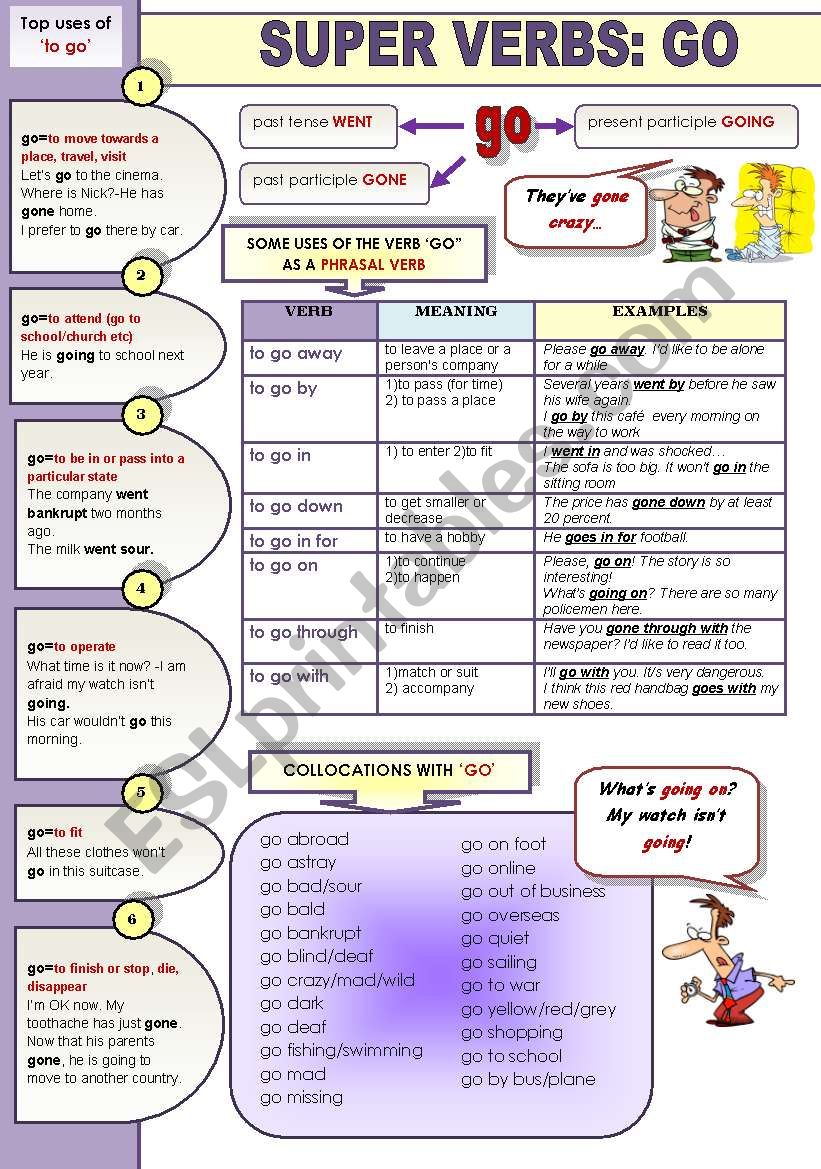



Super English Verbs Part 5 Go 1 Page Grammar Guide Top Uses Of Go Go As A Phrasal Verb And Collocations With Go Esl Worksheet By Svetamarik Svetlana



Menu Home Grammar Home Grammar Lesson 66 Free Time Grammar Part2 Pdf Exercise 1 Ssylka Choose The Correct Answer Chose The Correct Answer Show All Questions 1 10 Which Sentence Is Correct I Can T To See You Today My
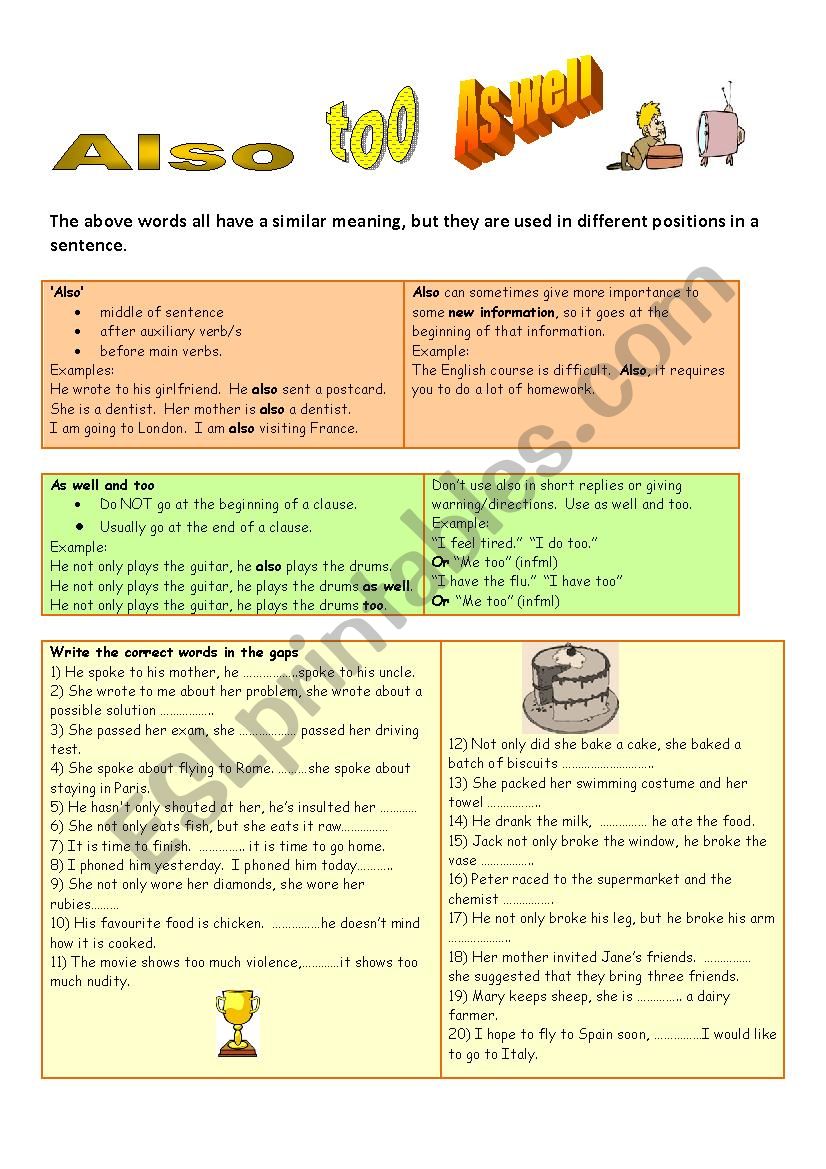



Too Also As Well Grammar Exercises Exercise Poster




Phrasal Verbs With Go English Esl Worksheets For Distance Learning And Physical Classrooms




Essential Grammar In Use Online Presentation




Direct And Indirect Speech Grammar Rules And Great Examples 7esl




Phrasal Verbs Go English Esl Worksheets For Distance Learning And Physical Classrooms
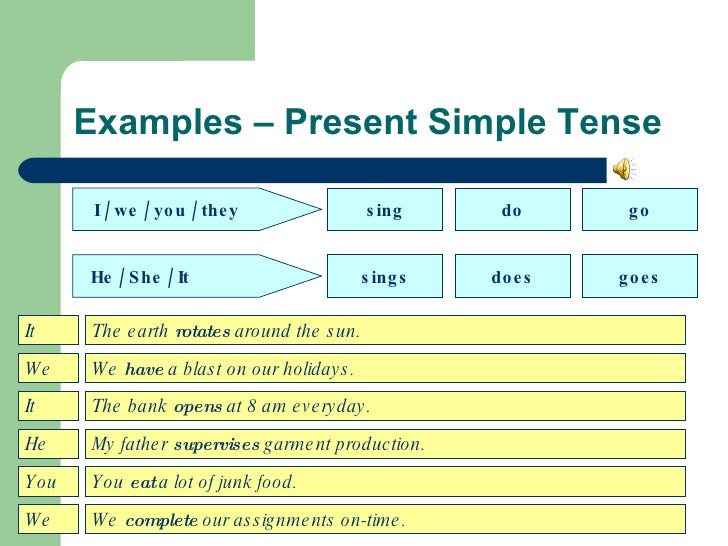



Free Online English Grammar Course Bm English Speaking1




Linking Verbs That Describe Changes




How To Use The Verb Go In English Go To Go For Go On Youtube



Common Errors In Spoken English Go Goes Going Went Or Gone Learn English Mistakes Misused Grammar English




Subordinate Clause Learn English Grammar Facebook




3a 3b Phrase Languages




Grammar Test Interactive Activity For Grade 2




Go And Do Activity
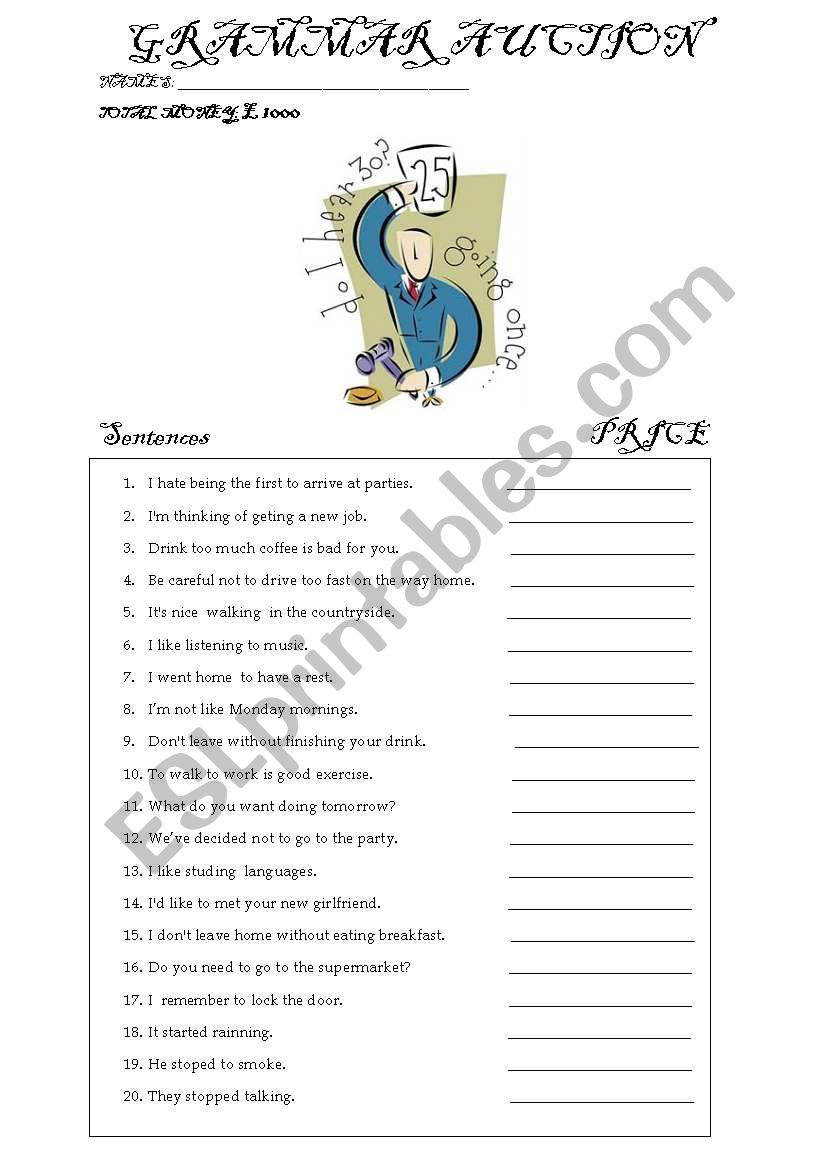



Grammar Auction Gerunds And Infinitives Esl Worksheet By Dwa Kwiatki
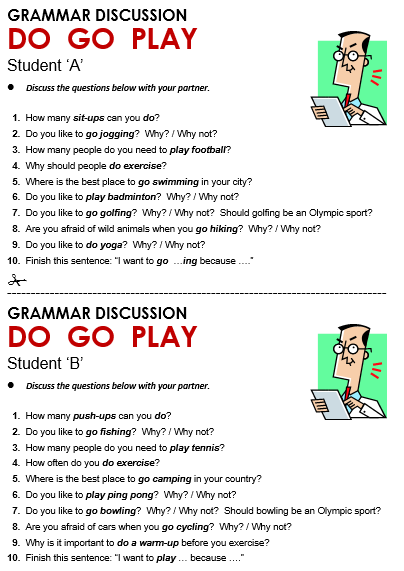



Do Go Play All Things Grammar




English World 6 Grammar Practice Book Pdf Txt
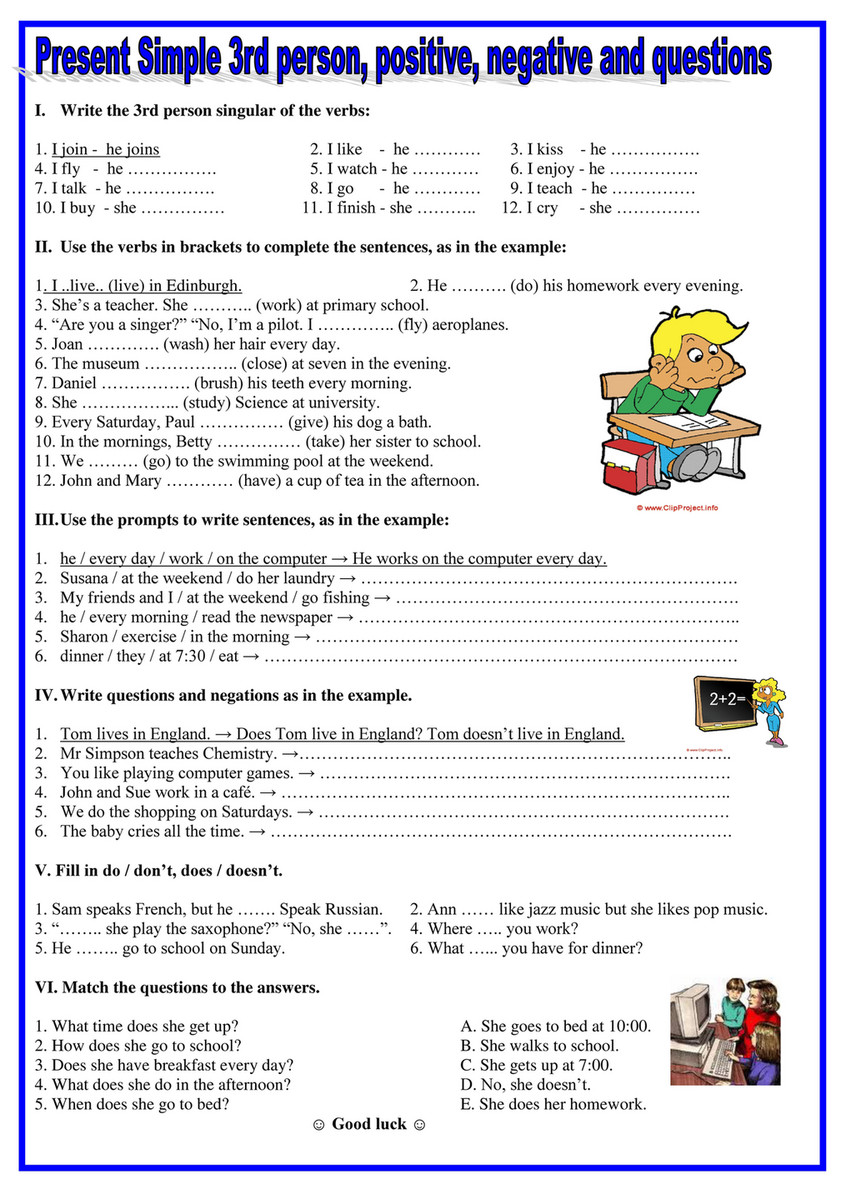



Lainic International Ltd Present Simple 3rd Personpositive Negativequestion Grammar Drills Grammar Guides 779 Page 1 Created With Publitas Com



Simple English Grammar Exercises Pdf




Grammatical Errors 170 Common Grammar Mistakes In English 7esl
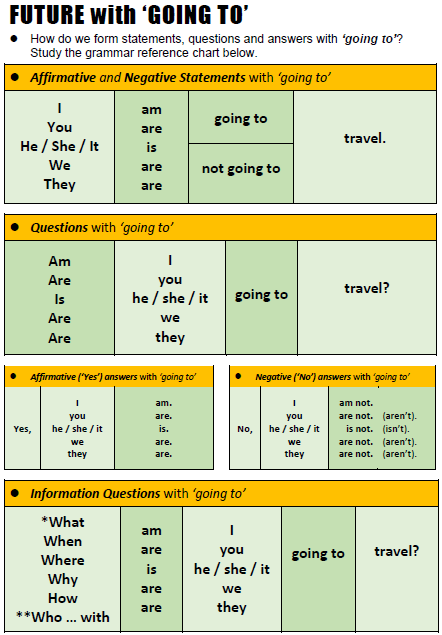



Future Going To All Things Grammar




Grammar Simple Present Tense Activity




Worksheet Of Do Does Go Goes English Grammar For Class 2 Youtube



Tips For English Grammar Synthesis House Of Hows




Grammatical Errors 170 Common Grammar Mistakes In English 7esl




Name Date Grammar Worksheet Prepositions Of Grammar Worksheet All Things Grammar Grammar Focus Pdf Document




How To Use The Verb Go Learn English Grammar Learn English Words Learn English Vocabulary
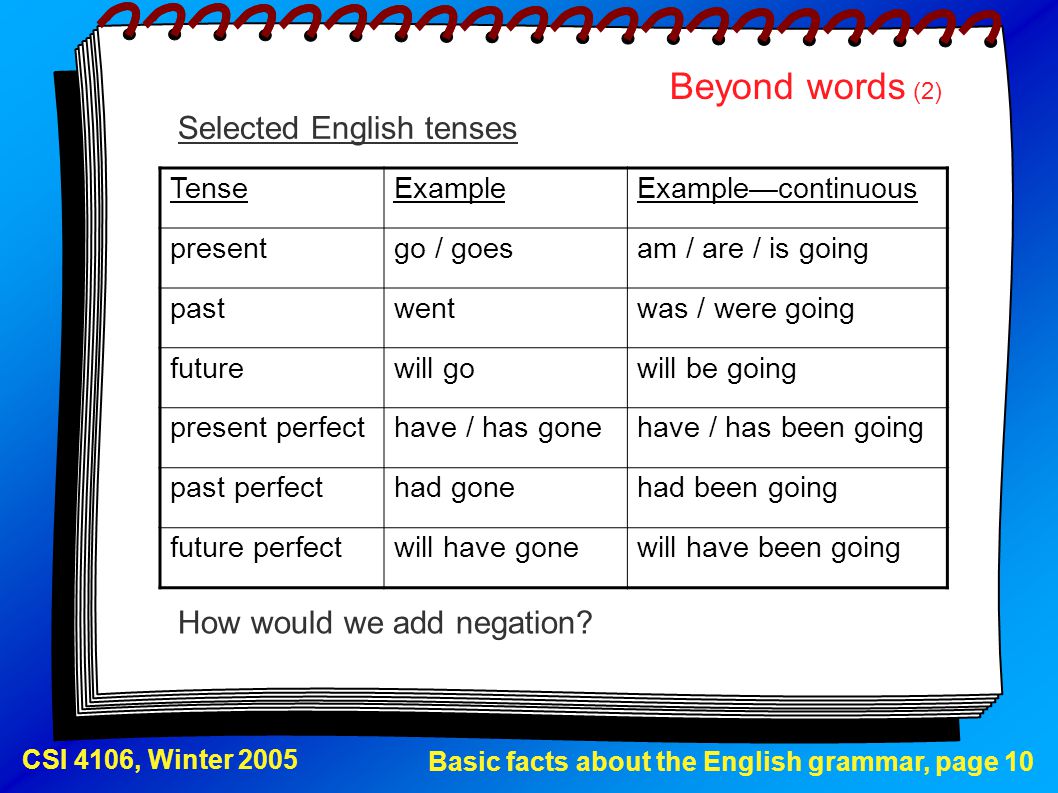



Basics Of The Grammar Of English Ppt Download




Cbse Class 7 English Grammar Tenses Ncert Books
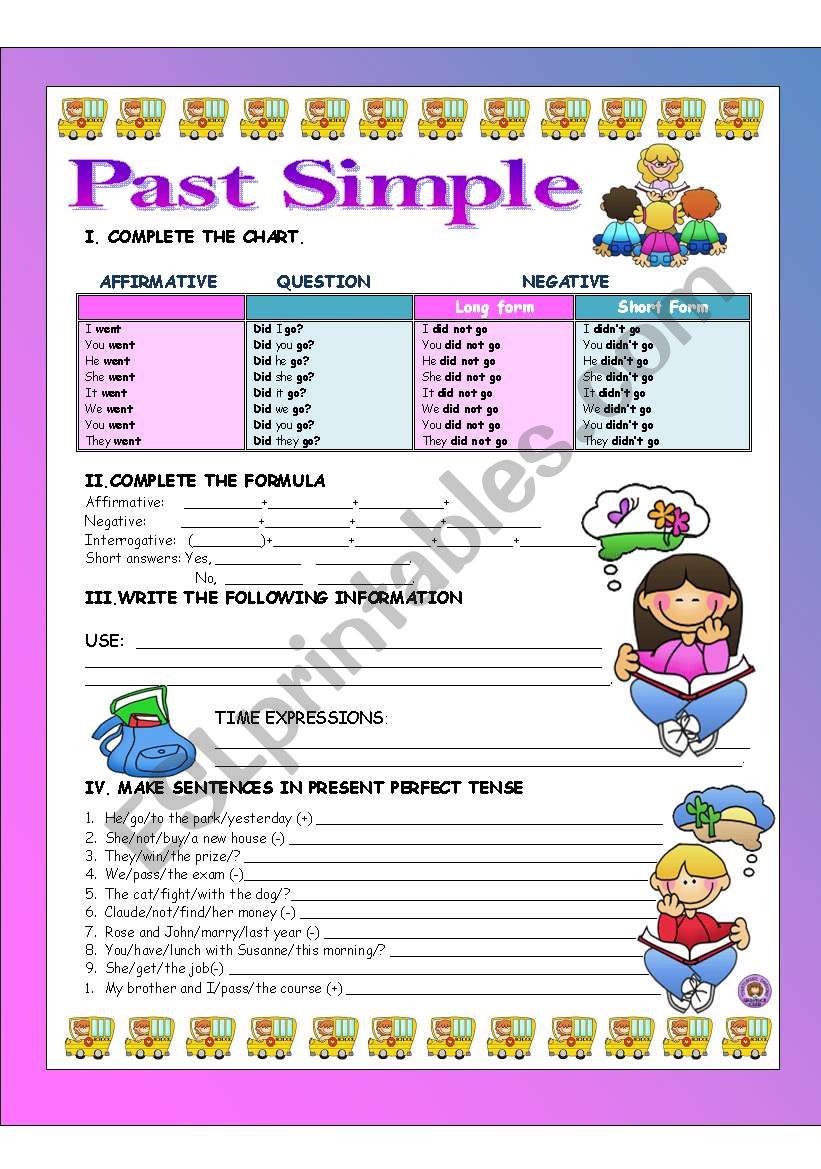



Simple Past Worksheet B W Version Included 2nd Of The Grammar Wss Set Esl Worksheet By Marlene



1




Go Goes Going Went Or Gone Youtube




Do Vs Does Questions English Grammar Rules
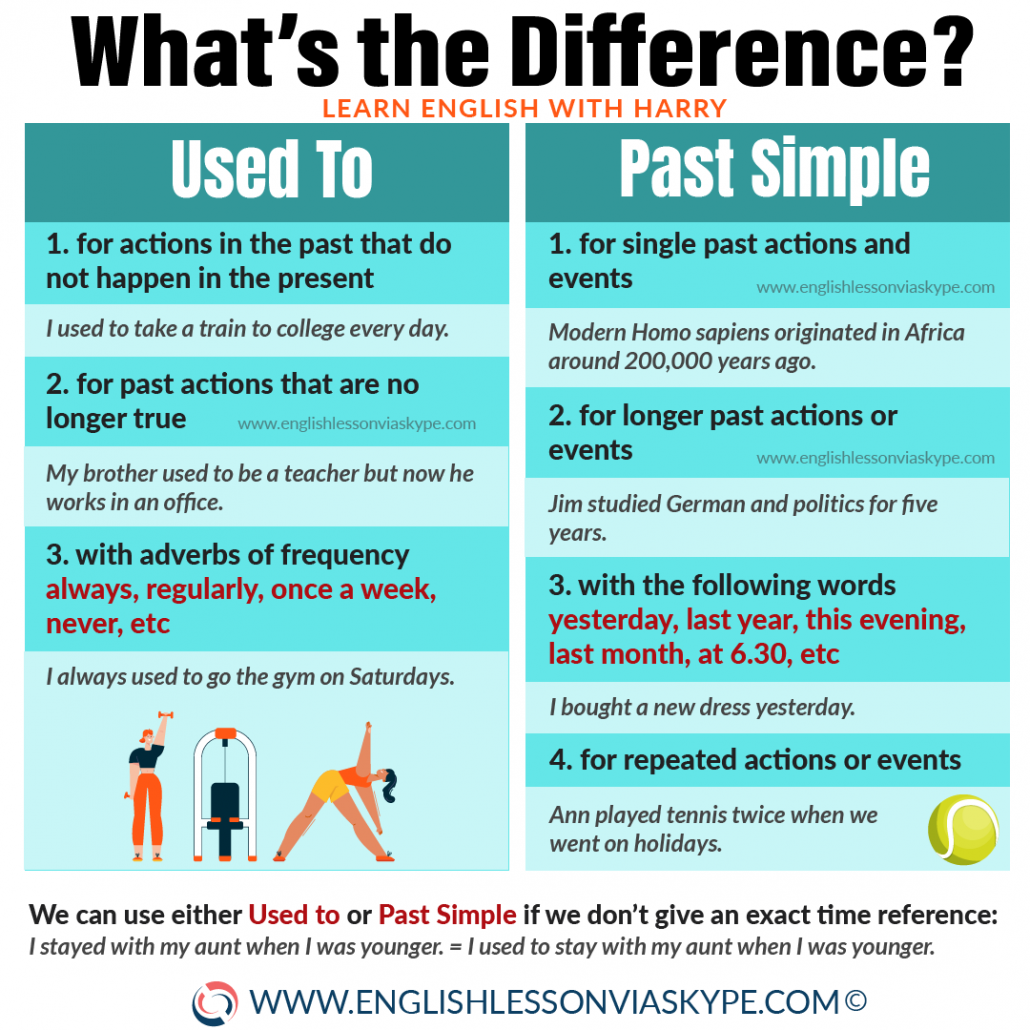



Used To Vs Past Simple Learn English Grammar With Harry




Simple Past Tense English Grammar English Study Page




Present Simple Tense In English Grammar Lesson




Elt Concourse Development Making Grammar Interesting



Welcome Past Simple Tense Regular Verbs




Year 4 Cefr L English L Grammar Go Vs Goes Youtube




Grammar Extra Inspired 1 Unit 3 Simple Present And Adverbs Of Frequency Semiotics Linguistic Morphology
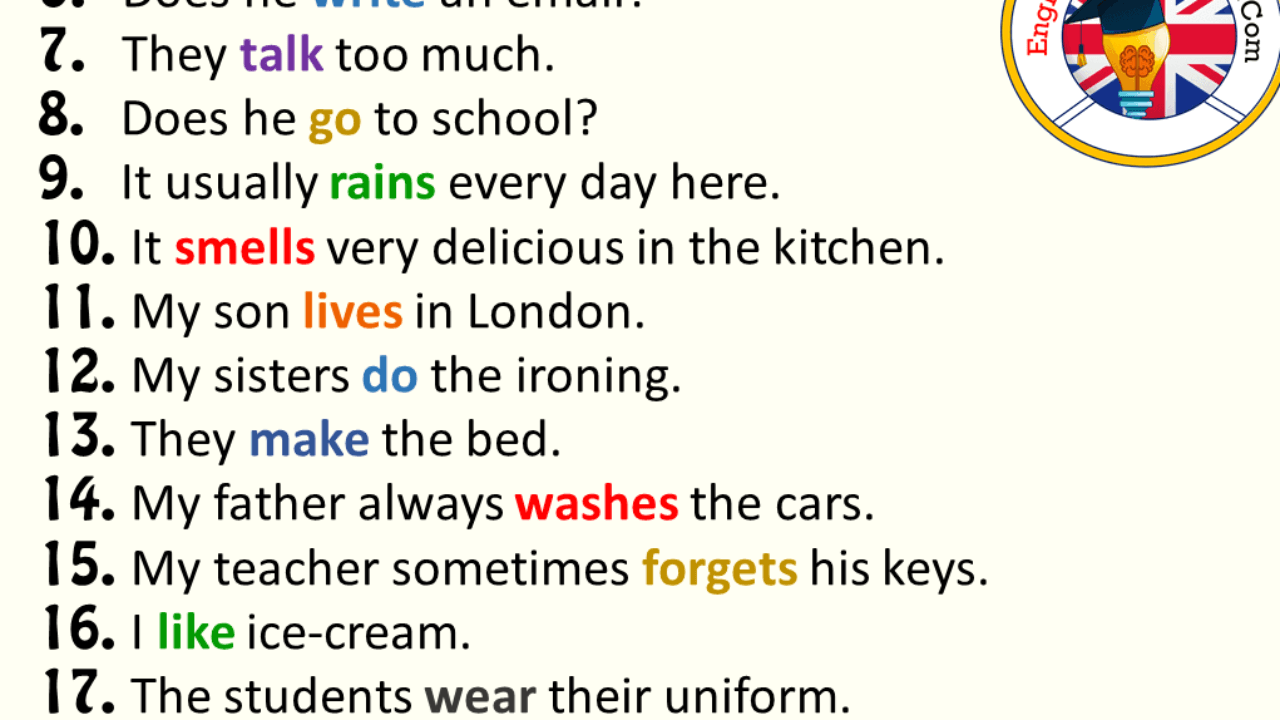



25 Examples Of Simple Present Tense Sentences English Grammar Here
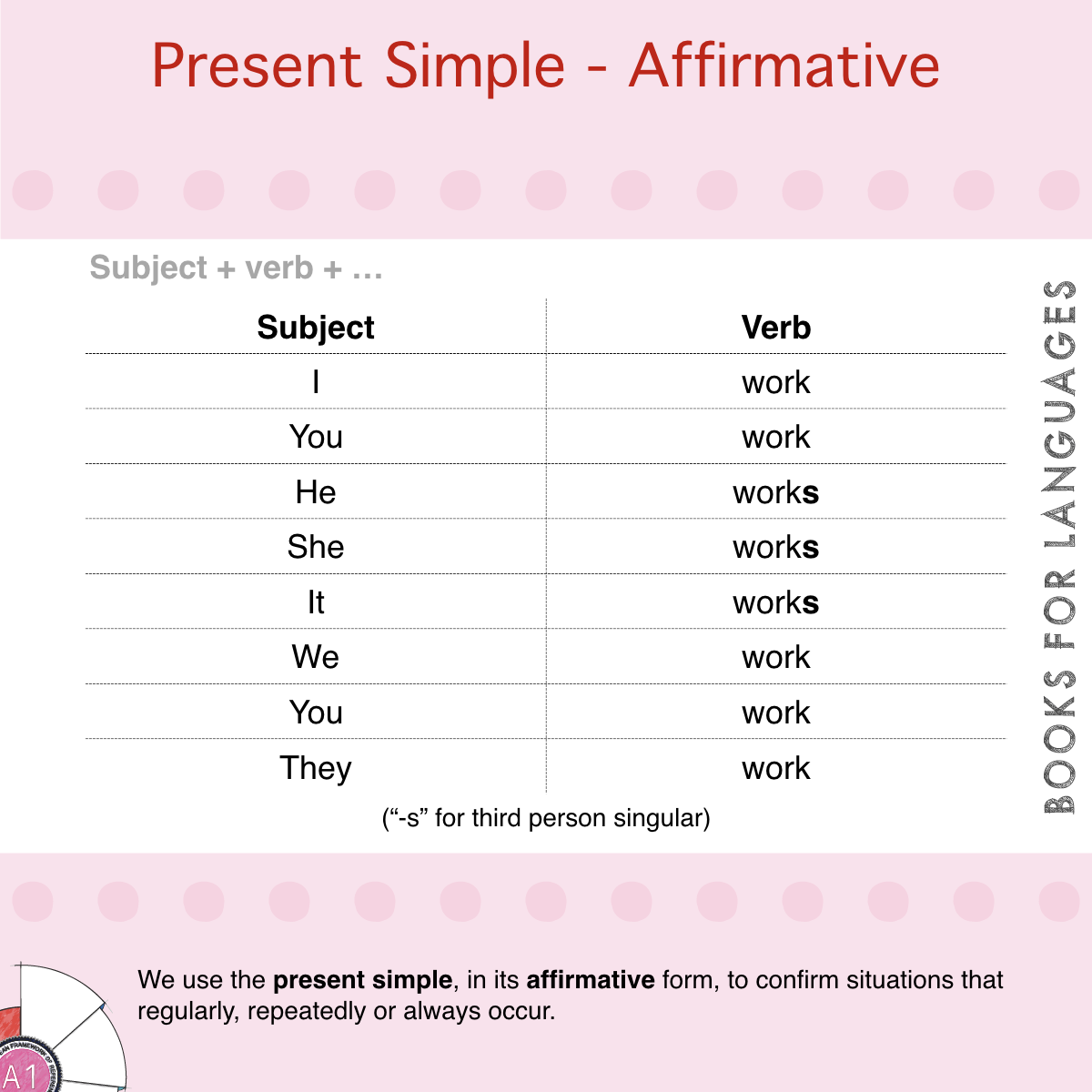



Present Simple Affirmative English Grammar A1 Level



What Is The Use Of Go And Goes In Grammar Quora
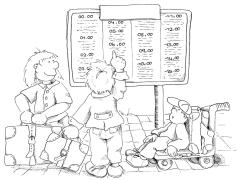



Simple Present Or Present Progressive In English Grammar
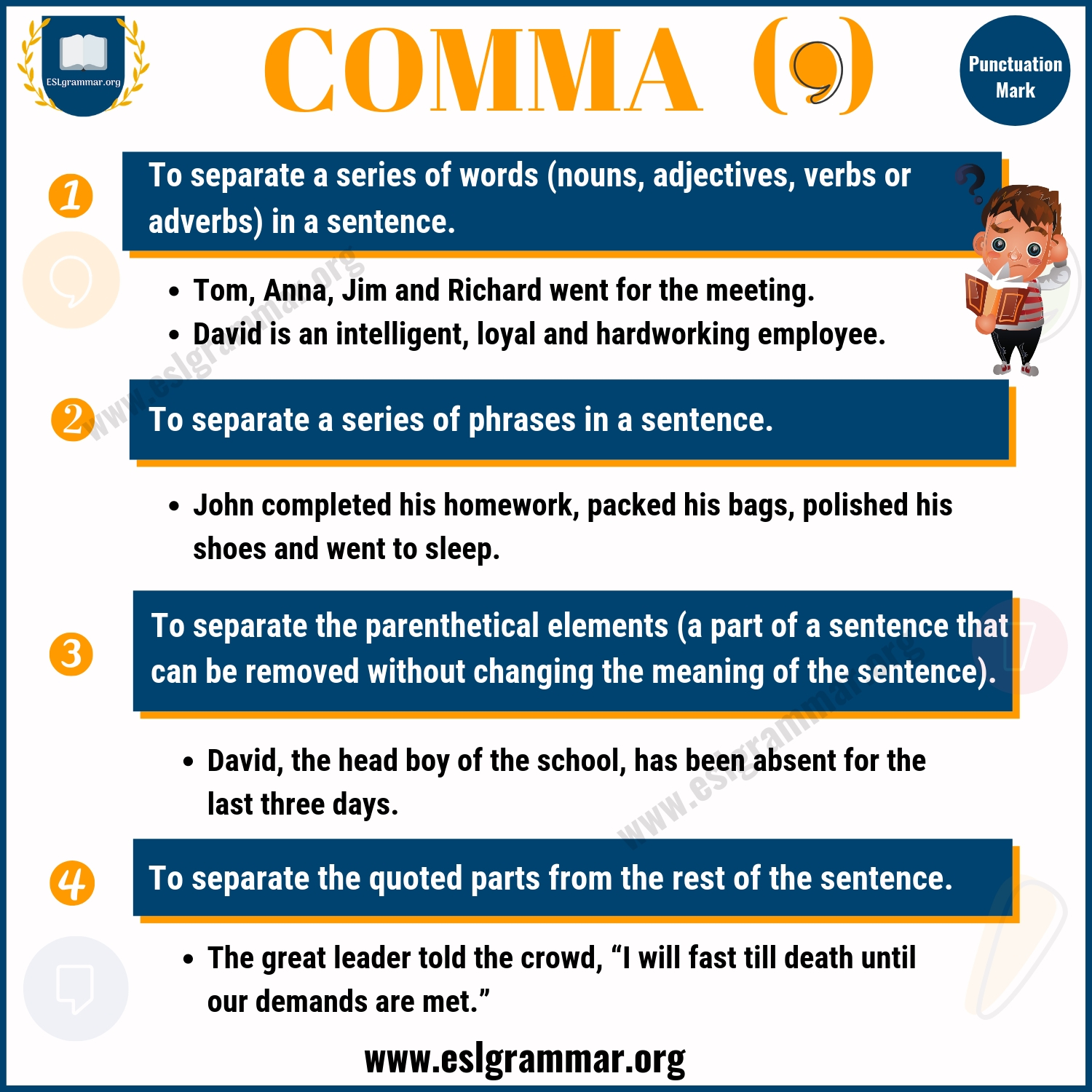



Comma Rules Comma Definition Examples For Esl Learners Esl Grammar




Elllo Grammar Conversations Level 3 By English Language Listening Lab Online Issuu




English Grammar Introduction Lazarus Language Collective




Year 3 Get Smart Plus 3 Unit 4 Grammar Go Vs Goes Youtube




Amazon Com Gsg Grammar Verbs Bromage Fran Books
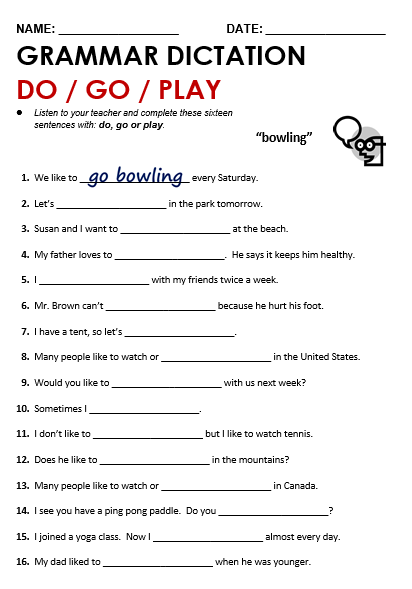



Do Go Play All Things Grammar
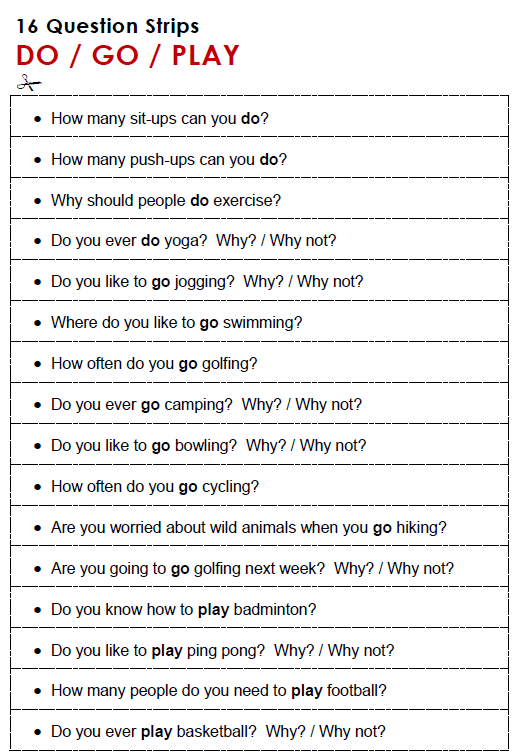



Do Go Play All Things Grammar



コメント
コメントを投稿